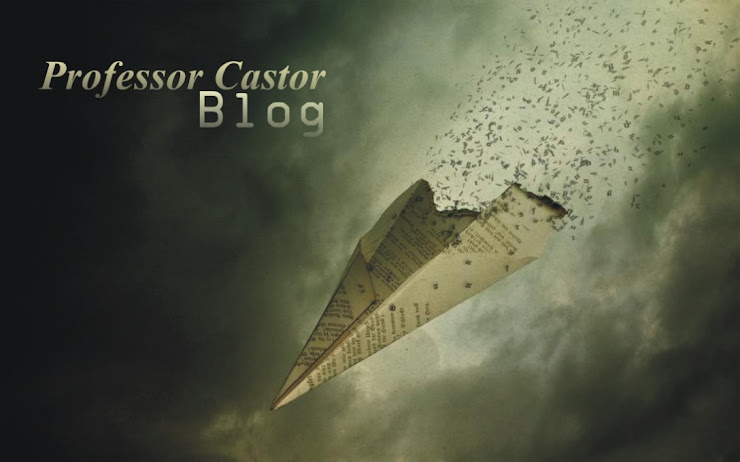
Muita gente foca na questão de falar o Inglês certo.
"Farei aquele cursinho porque lá ensinam Inglês Britânico", ou "farei aquele cursinho porque ensinam Inglês Americano".
Não existe isso hoje em dia. O Inglês está em toda parte, e dentro desses dois grande gigantes do mundo (Estados Unidos & Inglaterra), há também suas variantes. Por que simplesmente não abraçar o Inglês como um todo? Vejam uma dessas variantes, dentro do próprio Inglês Britânico.
Depois de ler a respeito do Cockney English, veja os vídeos postados e perceba quão diferente ele é.
Cockney English – A brief history
London is the capital of England as well as its largest city, so that would be correct to call this city as the country’s “linguistic center of gravity”. Within the variety of culture found there, it is also possible to see the different accents. The broadest London local accent knonw is the Cockney. It is very important to mention that “Popular London” accent is not the Cockney basilectal. This last one refers only to specific regions and speakers within the city.
What does “Cockney” mean? One of the explanations is that this term is related to a mishappen egg such as sometimes layd by young hens, literally meaning cock’s egg.
Cockney has its own special vocabulary and usage and is characterized by a “rhyming slangs” that is still part of the true Cockney culture even if it is sometimes used for effect. Not everybody can say that is a true Cockney. To be considerd as such, a person must be born within hearing distance of the Bells of St. Mary le Bow, cheapside, in the city of London. This accent is heavily stimatized and it is considered the epitome of the working class accent.
Here are some of the characteristics of this curious English accent:
- Monophtongzation. This affects the lexical set mouth vowel.
- Mouth vowel.
Eg: mouth – mauf rather then mouth.
- Glottal stop. “t” glottalling in final position and /p,t,k/ almost invariably glotallized in final positions.
Eg: Gatwick = Ga’wick / Scotland = Sco’land.
- TH fronting.
Eg: Brother = buvver / bath = barf.
- Vowel lowering.
Eg: Dinner = dinna / marrow = marra
- Cockney rhyming slang.
Take a pair of associated words where the second word rhymes with the word you intend to say, then use the first Word of the associated pair to indicate the word you originally intended to say.
Eg: “Apples and pears” = stairs / “plates of meet” = feet
- Dropp ‘h’at beginning of the words.
Eg: house = ‘ouse / hammer = ‘ammer.


